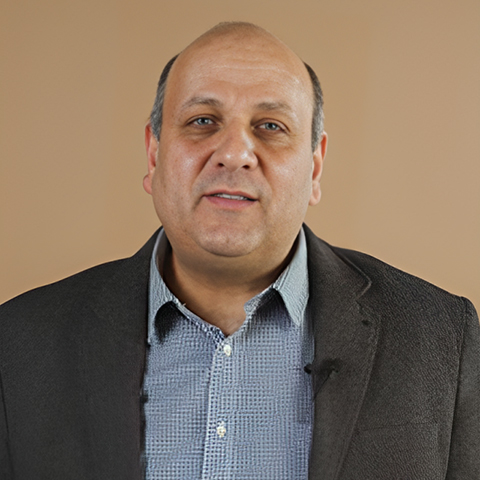
Mastering Code, Crafting Tomorrow
With the number of software-controlled functions in an automatic car, its IT architecture is also changing towards central, virtual high-speed computers. Our goal is to provide students with the most the state-of-the-art technology that will enable them to work and innovate in the automotive domain and any other business domain available in the market today.
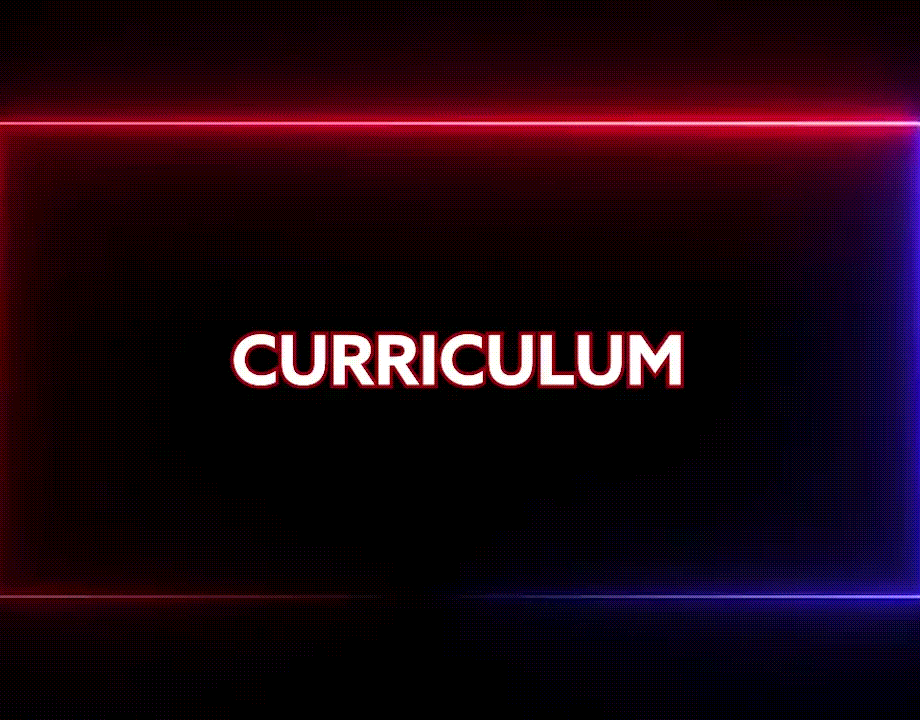
Curriculum
MSc Software Engineering
Key facts about Software Engineering
Our Locations
Find out everything about our locations in UE Innovation Hub & Dubai!
Not on site? Then discover your future study location easily with the Virtual Campus Tour.
Fees
- EU applicants standard: From € 854monthly
- Non-EU applicants standard: From € 12,000 yearly
- Dubai applicants:
AED 77,060 (1.5 Years)
AED 100,800 (2 Years)
Got questions about financing? Check out our fees!
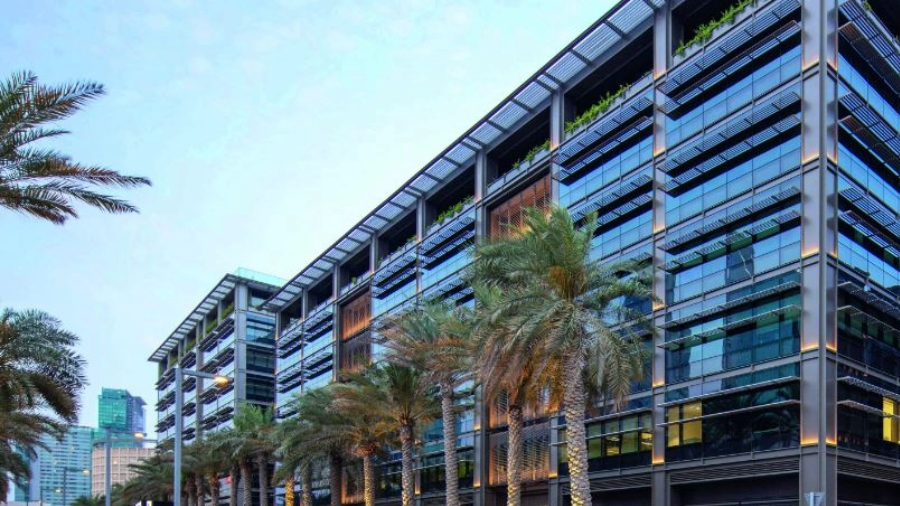
Studying in Dubai: Dubai is an extraordinary city, pulsating with life, innovation, and opportunity. A dream destination for students who aspire to global success, Dubai provides the ultimate backdrop for students to live and learn. From its dynamic culture to its limitless possibilities, Dubai promises to exceed your wildest aspirations.
Admission Requirements
Here are some things you will require for your application at the UE:
- Completed admission form
- CV & Copy of passport
- Completion of a Bachelor’s degree
- Good English language skills (at least B2)
- Basics in Statistics (at least 3 ECTS or a pre-master course at UE)
- A portfolio is not required
Hear what Iman, a recent graduate from our MSc. in Software Engineering has to say about his experience at the UE. He discusses the different aspects of studying Software Engineering at the UE Innovation Hub in Potsdam
Semesters & Credits
- 120, 90 or 60 ECTS
Dubai credit options – 90 & 120 ECTS - Master of Science MSc
- Teaching language: English
- The programme starts in both the winter (September) and summer (March) term each year
- Classes are typically scheduled between Wednesdays & Saturdays

Spotlight Module "Vehicular Technology"
This Vehicular technology module is an advanced automotive technology
course that focuses on technologies used in modern automotive technology
software systems. Students will learn to train, deploy and validate ML-based autonomous driving
algorithms in in a simulation environment. Bellman equations, policy iteration, and value iteration. Monte Carlo methods, greedy and epsilon-greedy policies, and tradeoffs in the exploration-exploitation dilemma. Students will know how to train, deploy and validate RL/DRL-based autonomous driving algorithms in a simulation environment.

What happens after your studies?
- Expected Salary: €60,000 to €100,000 annually depending on the experience, industry etc.
- Career Opportunities: Software architect, Smart car software developer and designer, Software development engineer.
- Skills: UX/UI Design, Product Management, Machine Learning & more
If you’re still uncertain about whether an MSc Software Engineering is the right choice for you, our blog post discussing the “typical day in the life of a software engineer” could help you out.

Content of the Course
- Advanced software development and analysis techniques
- Handling large datasets
- Vehicular technologies, including sensors and networks
- Intelligent systems and decision-making systems
- Developing parallel or distributed software (Internet of Things, mobile applications)
- Pattern recognition for object detection in intelligent systems and autonomous driving
- Creating and maintaining complex software products
- Security and reliability issues
- Transition to and operation of software products
In addition to program-specific modules, students can customize their curriculum by selecting additional modules from the UE faculty based on personal interests and desired specialization. These additional modules may include Media & Marketing, Business Coaching, Product Management, UX/UI Design, or Leadership. While not mandatory, international semesters and internships can be integrated into the Software Engineering Master's program.

UE Master's Reform
More flexible, more interdisciplinary, and more practice-oriented – the new Master’s programmes make the University of Europe for Applied Sciences (UE) even more attractive! Students of selected MA programmes at UE have the choice of a Master’s degree in 60, 90, or 120 ECTS which gives them full flexibility. Students can apply for one of the three options depending on the education they’ve already achieved and how many ECTS they’ve already accumulated in their previous Bachelor’s (or Master’s) courses. Practical experience will also be taken under consideration.
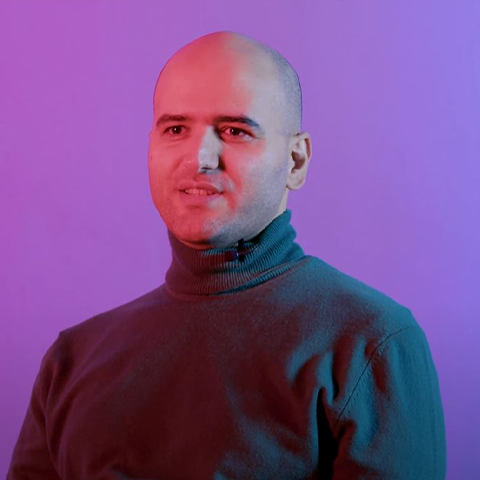
– Iman Kazemi, Graduate
UE Campus IHUB and Dubai
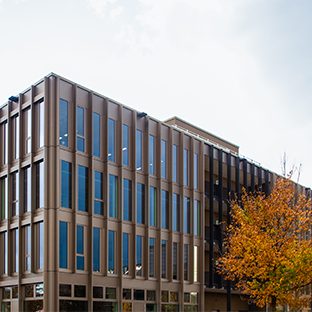
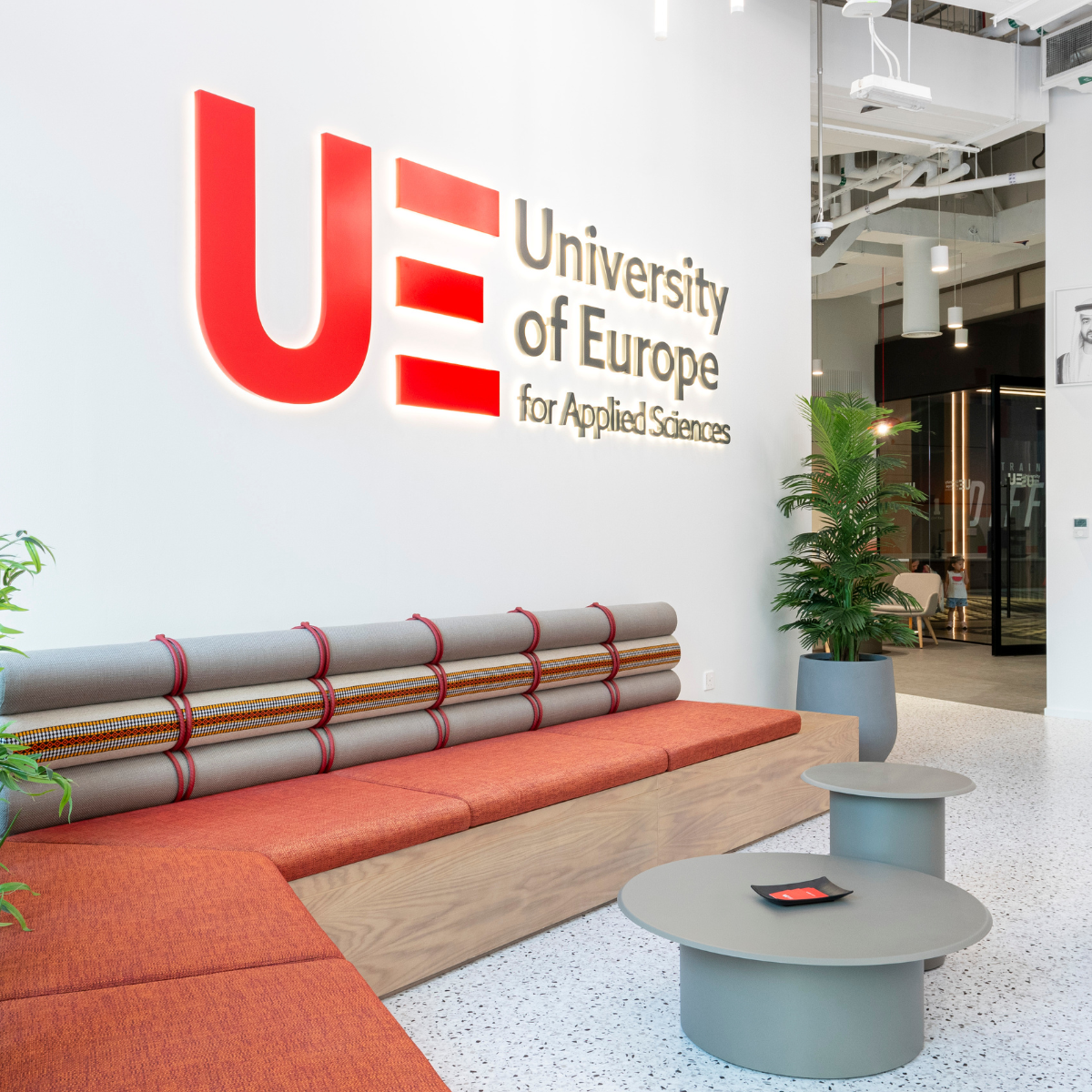
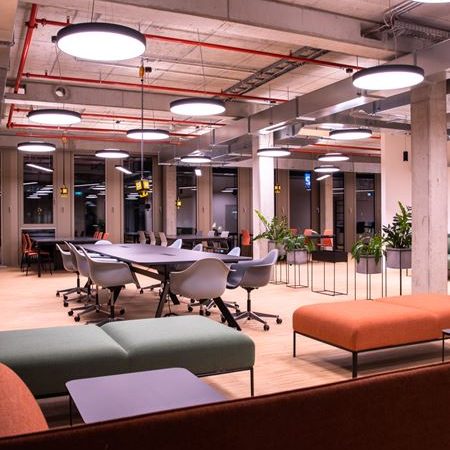
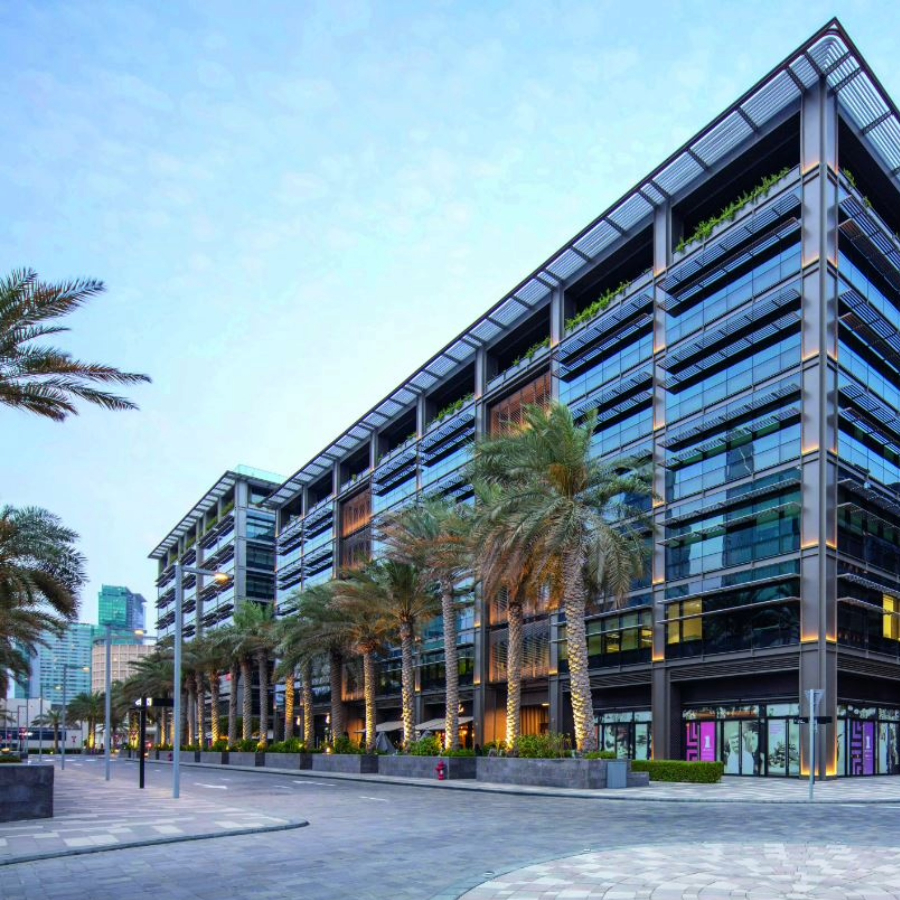
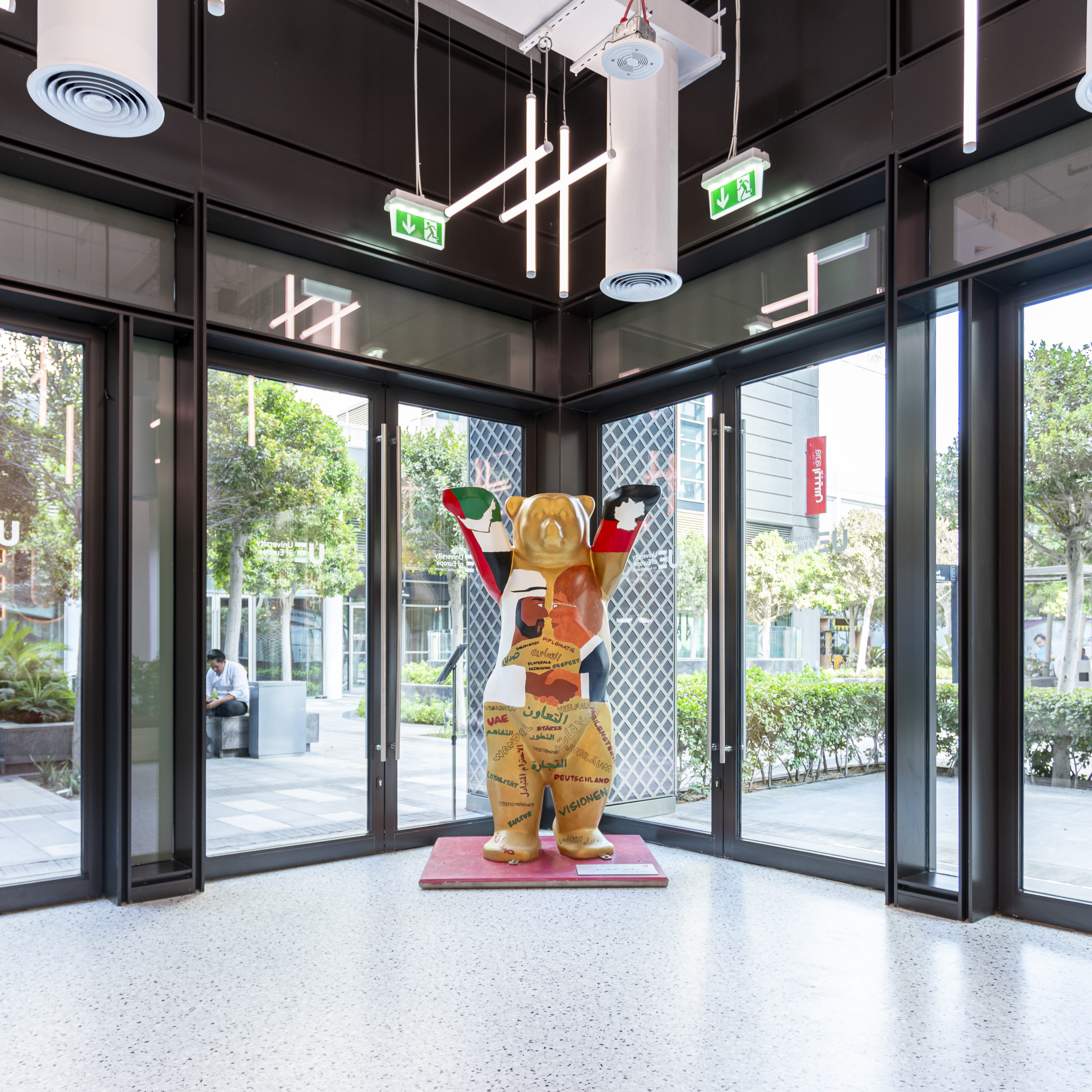

Learn from our Experts
Here you will find further valuable information about our professors and their career.



